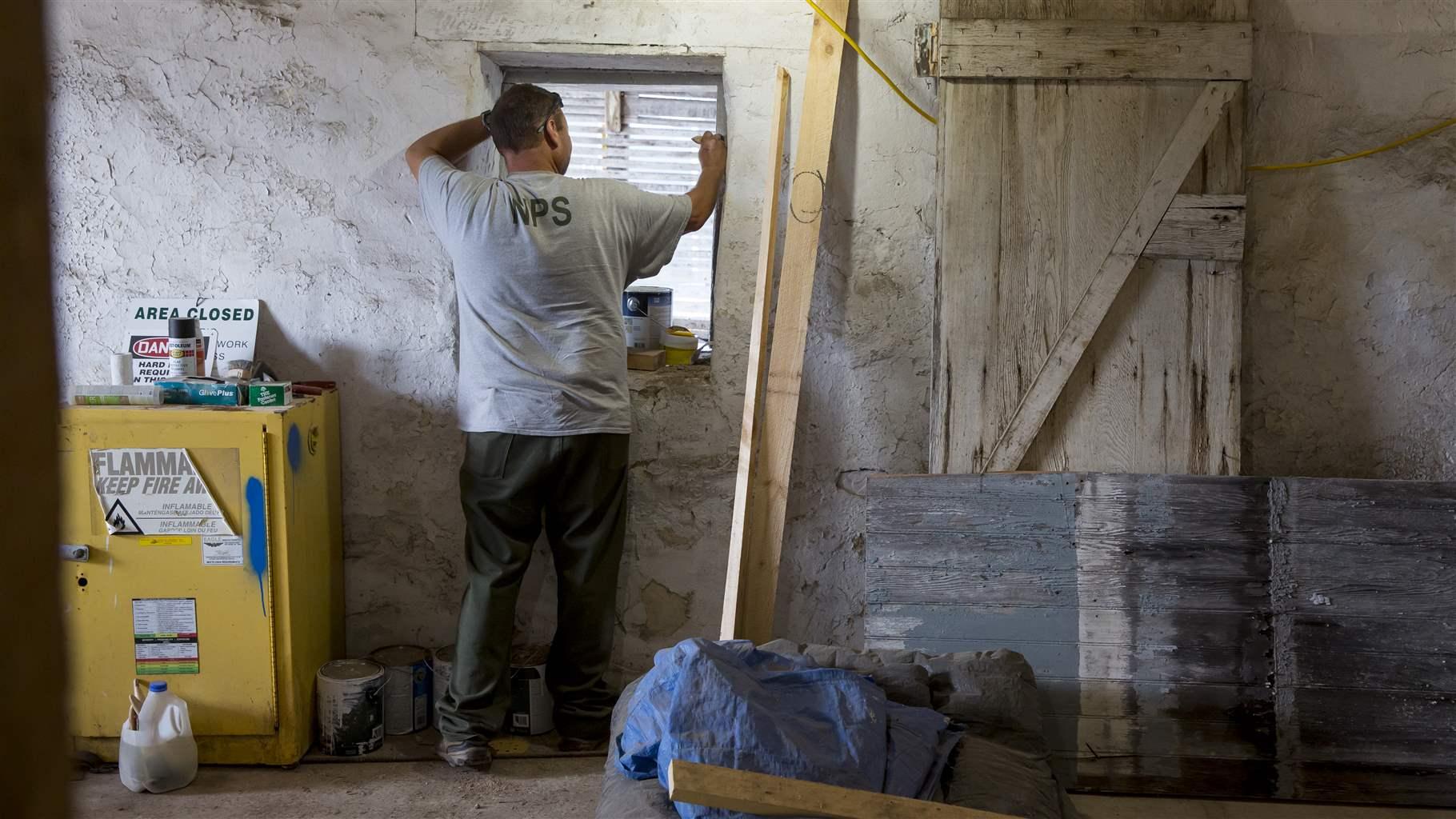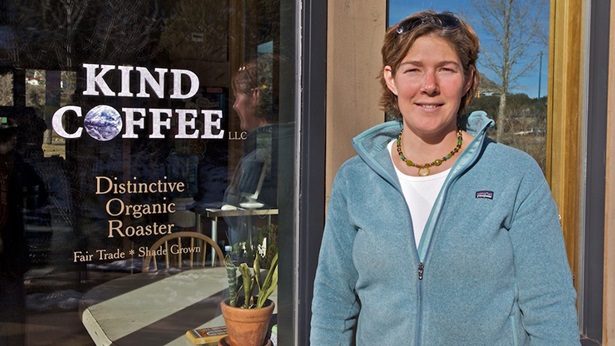Great American Outdoors Act Would Improve National Parks—and U.S. Economy
House takes up bill that would invest in overdue repairs and create jobs

For the thousands of communities across America that serve as gateways to our national parks, the condition of these treasured sites is critical to economic vitality. That’s because the hotels, restaurants, outfitters, and other businesses in gateway communities count on revenue from people coming to the parks. A bill that the House of Representatives will consider next week—the Great American Outdoors Act—would help restore the parks to top shape by investing nontaxpayer dollars to fix deteriorating assets within our aging National Park System (NPS) and help sustain local economies for generations to come. The Senate passed the legislation in June on a bipartisan vote of 73 to 25. The bill would also permanently fund the Land and Water Conservation Fund (LWCF), an important tool for preserving access to public lands and providing resources to communities for recreation facilities. In recent months, an increasing number of Americans have sought solace in the outdoors, adding even greater urgency to the need to fix our parks. For many, the pandemic and resulting isolation have heightened awareness of the value of our parks and public lands—as both natural and cultural treasures and as economic engines.
Data shows that awareness is well founded, and that passing the Great American Outdoors Act would have far-reaching benefits:
- The outdoor recreation industry, including the hiking, boating, camping equipment, outfitter, motorcyclist, and sportsmen sectors, contributes $778 billion in national economic output—or 2.2% of U.S. gross domestic product—each year and generates 5.2 million American jobs.
- Park tourism generates $21 billion in direct spending on lodging, restaurants, gas, and similar costs, resulting in over $40 billion in total economic output. This supports over 340,000 jobs each year. A recent NPS analysis projects that the bill, if enacted, will support an additional 100,000 jobs.
- The hunting and fishing industries in the U.S. are supported by 49 million sportsmen and sportswomen; these businesses employ 1.3 million Americans and contribute $200 billion to the national economy each year.
- A Boston University study states that every $1 million invested in the LWCF produces 17 to 31 jobs.
Jobs are a critical part of our nation’s recovery, and investing in our parks and public lands will help create new jobs and sustain existing employment in tourism and outdoor recreation. The Great American Outdoors Act will help preserve our nation’s cherished historic and natural sites, protect access to those places, and boost local economies. Few investments promise such a high rate of return.
Marcia Argust directs The Pew Charitable Trusts’ campaign to restore America’s parks.














